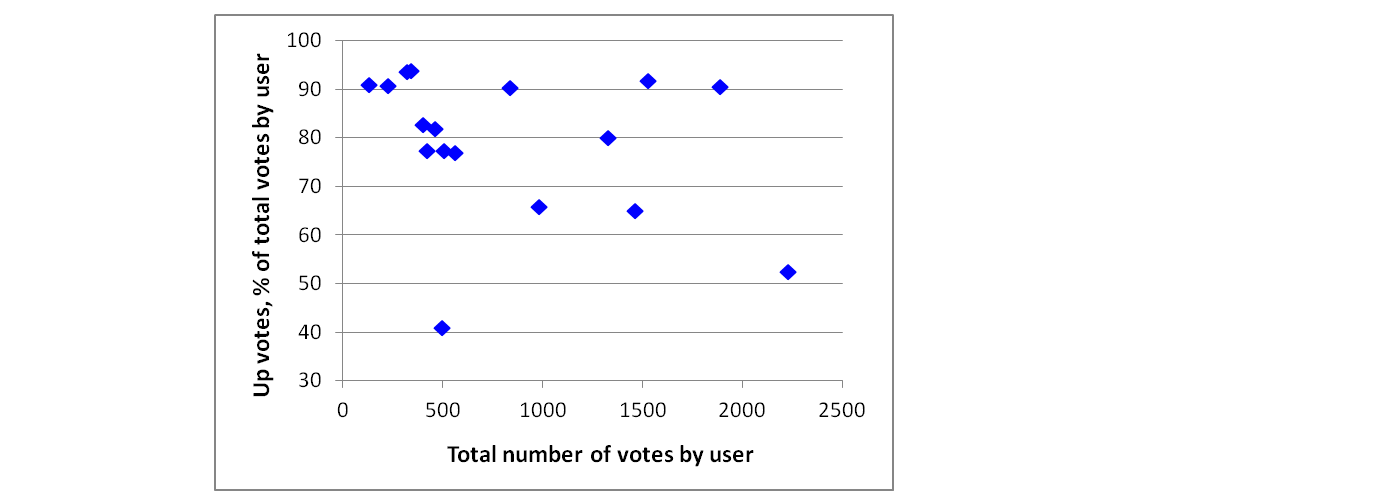To become a go-to site for great puzzles, we need to highlight our best content. We should make a good impression to a first-time visitor by having our finest puzzles be a click away.
As is, I feel like the gems are getting lost among a sea of puzzles that are good but not exceptional. How can we make our best puzzles stand out?
The voting system, unfortunately, falls short. Upvotes are largely proportional to views. You upvote a fantastic puzzle just as you upvote a good puzzle. (There's favorites, but they are not searchable, and some people use them value-neutral bookmarks.) So, someone looking for the best puzzles on the site won't necessarily see them in the obvious place to check, the top-voted questions.
The activity page also creates weird incentives that disfavor some excellent puzzles. If a puzzle doesn't need editing, is clear enough not to get quick wrong answers, and takes thought and time to solve, then it takes a while to return to the top of the activity page and is unlikely to reach HNQ. At the same time, high-activity puzzles stay visible whether or not the activity is good activity.
People have put forth ideas like making a puzzling digest and voting for the best puzzles of the year, but they lost steam. What can we do?
(I'm aware that Jeff Atwood's blog post Optimizing for Pearls, Not Sand is on the relative value of questions and answers, not on highlighting the best questions, but I like optimizing for pearls as a general metaphor.)

